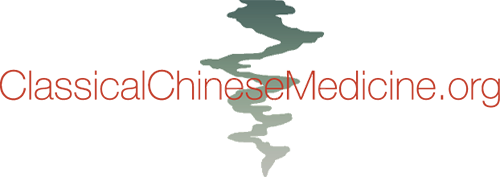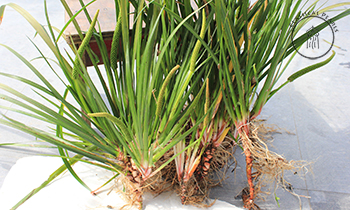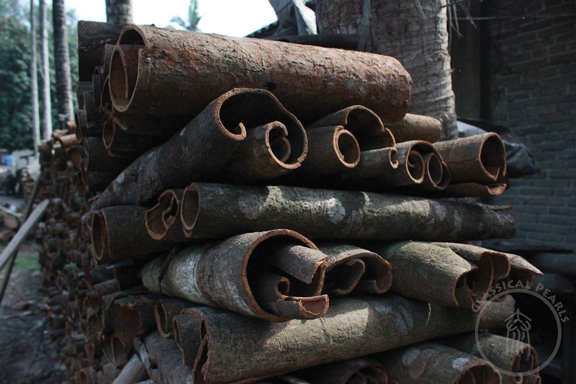The Importance of Aconite (fuzi) and Teachings From the Sichuan Fire Spirit School (an Interview with Heiner Fruehauf)
WITH HEINER FRUEHAUF
INTERVIEW BY BOB QUINN
GERMAN TRANSLATION BY MARKUS GOEKE
On February 19, 2009 Heiner Fruehauf, PhD, LAc, sat down with his colleague Bob Quinn, DAOM, LAc, to discuss the importance of aconite (fuzi) in classical Chinese medicine. The discussion also covers aspects of the fuzi story not covered elsewhere in the west, namely its proper processing. Heiner also touches on some of the “nuts and bolts” of the Sichuan Fire Spirit School of herbal prescribing. As Heiner explains, fuzi used to be referred to as the “King of the 100 Herbs.” This information is crucial to understanding the scholarship and clinical power behind formulas that contain aconite.

 […]
[…] […]
[…]